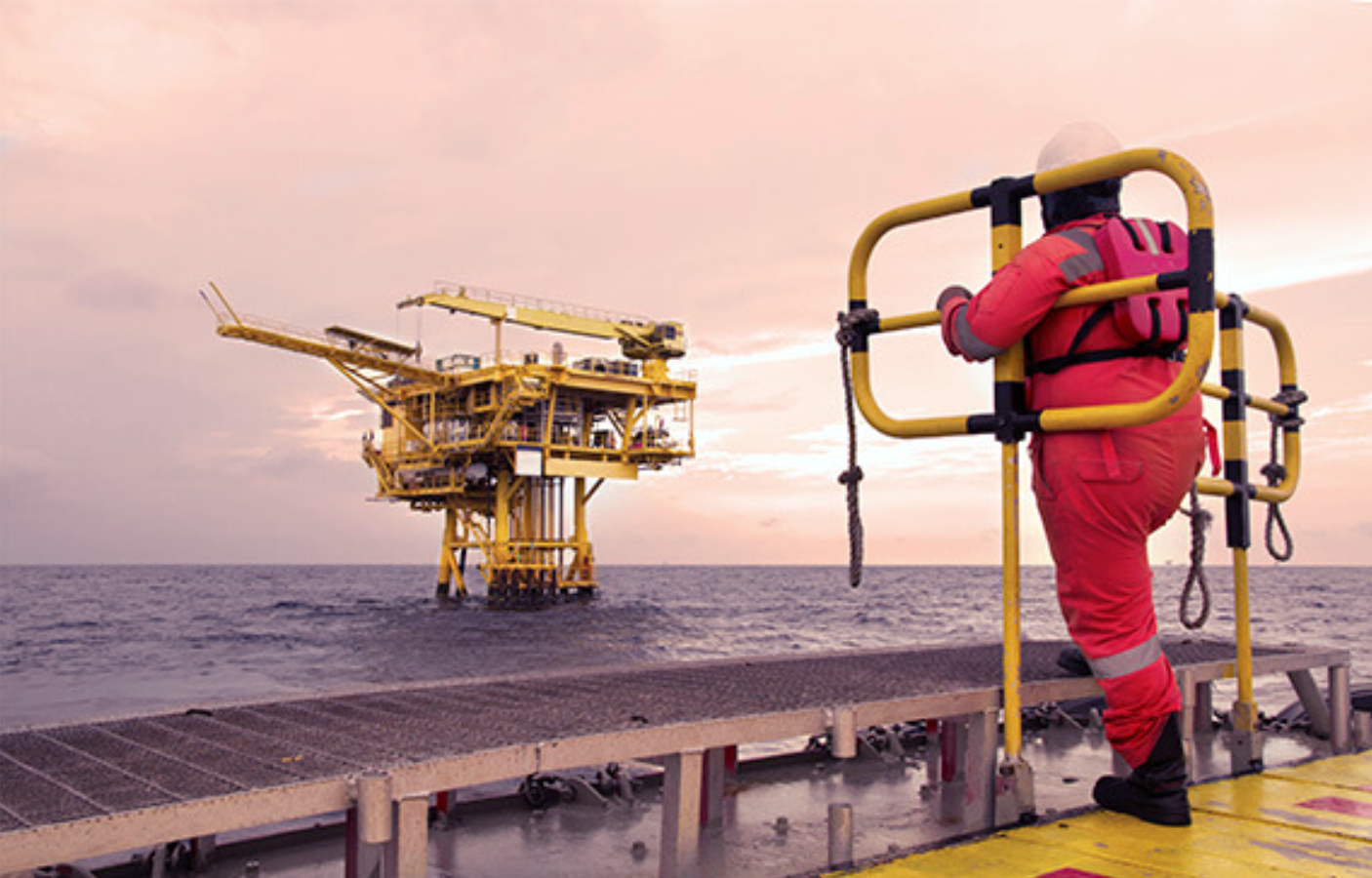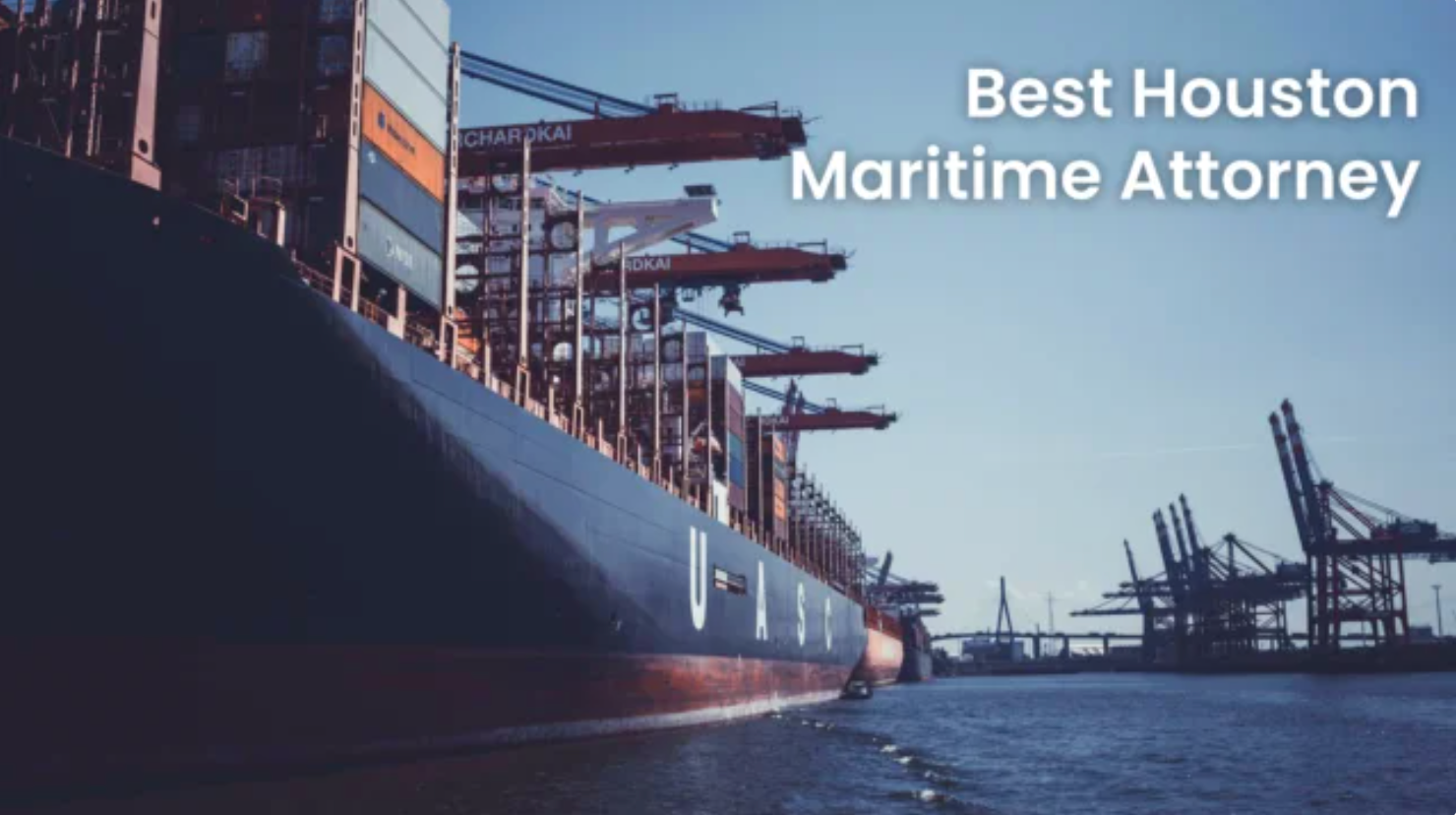Offshore Accident Attorneys
The year 2000 marked a pivotal time for offshore activities in the United States, with an increase in offshore drilling, exploration, and maritime operations. Alongside this growth came the inevitable risks and challenges, leading to a demand for legal professionals with specialized expertise in offshore accident law. This article delves into the landscape of offshore accident attorneys in the US during the year 2000, exploring their roles, challenges, and contributions to ensuring justice for those affected by accidents in offshore environments.
1. The Rise of Offshore Activities
The turn of the millennium witnessed a surge in offshore activities, driven by the exploration and extraction of oil and gas reserves beneath the ocean floor. Offshore drilling rigs, production platforms, and support vessels became integral components of the nation’s energy landscape. With this increased activity came a rise in the number of offshore accidents, necessitating legal expertise to address the unique challenges posed by incidents in maritime environments.
2. Specialized Legal Expertise: Offshore Accident Attorneys
Offshore accident attorneys in the year 2000 were legal professionals with a specialized focus on maritime and admiralty law. Their expertise extended to areas such as the Jones Act, general maritime law, the Longshore and Harbor Workers’ Compensation Act (LHWCA), and other regulations specific to offshore environments. These attorneys played a critical role in representing the rights of individuals, including offshore workers, affected by accidents on drilling platforms, rigs, and vessels.
3. Jones Act and Maritime Workers’ Rights
The Jones Act, a crucial component of maritime law, grants specific rights and protections to seamen injured while working aboard vessels. Offshore accident attorneys in 2000 were at the forefront of advocating for the rights of maritime workers under the Jones Act. They handled cases involving injuries, fatalities, and disputes related to maintenance and cure, ensuring that offshore workers received fair compensation for the risks they faced in the course of their employment.
4. Complexities of Offshore Accident Cases
Offshore accident cases presented a myriad of complexities, including jurisdictional challenges, the involvement of multiple parties, and intricate maritime regulations. Attorneys specialized in offshore accidents needed to navigate these complexities, conducting thorough investigations, collaborating with industry experts, and staying abreast of evolving legal standards to build robust cases on behalf of their clients.
5. Compensation for Offshore Injuries
Offshore accident attorneys in 2000 were instrumental in securing compensation for individuals who suffered injuries in offshore incidents. This involved pursuing claims for medical expenses, lost wages, pain and suffering, and, in tragic cases, wrongful death. These attorneys worked tirelessly to ensure that their clients received fair and just compensation, recognizing the unique challenges and hardships faced by those affected by offshore accidents.
6. Environmental Consequences and Liability
Offshore accidents not only impacted individuals but also had potential environmental consequences. Attorneys specializing in offshore accidents in 2000 were actively involved in addressing liability issues related to spills, pollution, and environmental damage resulting from offshore incidents. They played a crucial role in holding responsible parties accountable and advocating for environmental conservation in the aftermath of accidents.
7. Maritime Insurance and Compensation Claims
The intricacies of maritime insurance played a significant role in offshore accident cases. Attorneys worked closely with clients to navigate insurance policies, assess coverage, and pursue compensation claims. Their expertise in maritime insurance law ensured that clients received the full extent of the compensation to which they were entitled, considering the unique nature of offshore accidents and the potential long-term impact on individuals and their families.
8. Maritime Investigations and Evidence Gathering
Offshore accident attorneys in the year 2000 were extensively involved in conducting thorough investigations into offshore incidents. This included gathering evidence, collaborating with maritime experts, and determining the root causes of accidents. Their ability to navigate the complexities of maritime investigations was crucial in building strong legal cases, whether it involved equipment failure, human error, or environmental factors contributing to the accident.
9. Representation in Admiralty Courts
Admiralty courts, dealing specifically with maritime and admiralty law, became arenas where offshore accident attorneys advocated for their clients. These legal professionals were well-versed in the nuances of admiralty law and adept at presenting cases in these specialized courts. Their representation ensured that offshore accident cases were heard in forums equipped to address the unique legal challenges associated with maritime incidents.
10. Collaborations with Industry Experts
Given the technical nature of offshore activities, offshore accident attorneys often collaborated with industry experts such as maritime engineers, safety specialists, and accident reconstruction experts. These collaborations strengthened the legal teams’ ability to comprehend the technical details of an accident, assess liability, and present compelling evidence in court. The interdisciplinary approach underscored the importance of a comprehensive strategy in offshore accident litigation.
11. Advocacy for Improved Safety Standards
Offshore accident attorneys in 2000 were not only advocates for individual clients but also champions for improved safety standards in the offshore industry. Through their legal efforts, they highlighted areas where safety protocols could be enhanced, contributing to a broader conversation about industry practices, regulatory oversight, and the well-being of offshore workers.
12. Evolving Legal Landscape: Responses to Industry Changes
The year 2000 marked a period of change in the offshore industry, with advancements in technology, increased regulatory scrutiny, and evolving industry practices. Offshore accident attorneys had to stay ahead of these changes, adapting their legal strategies to address emerging issues. Their ability to navigate the evolving legal landscape ensured that their clients’ cases were contextualized within the contemporary realities of the offshore sector.



